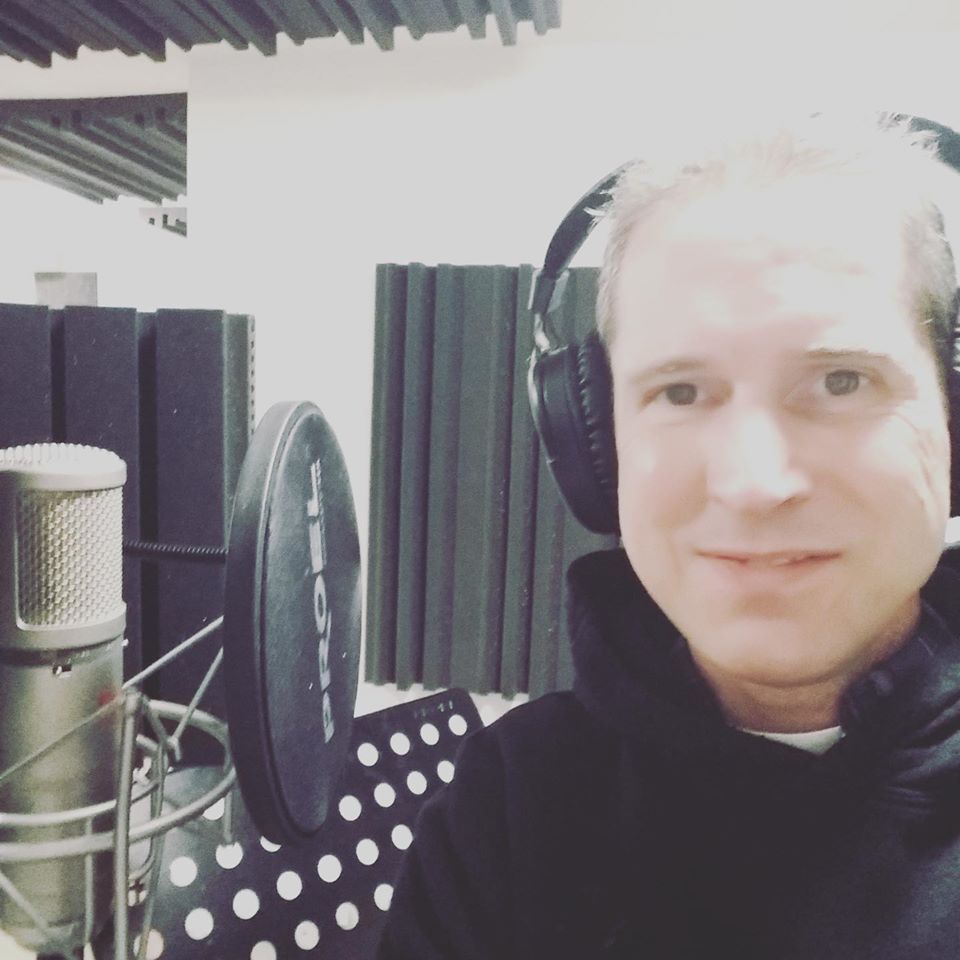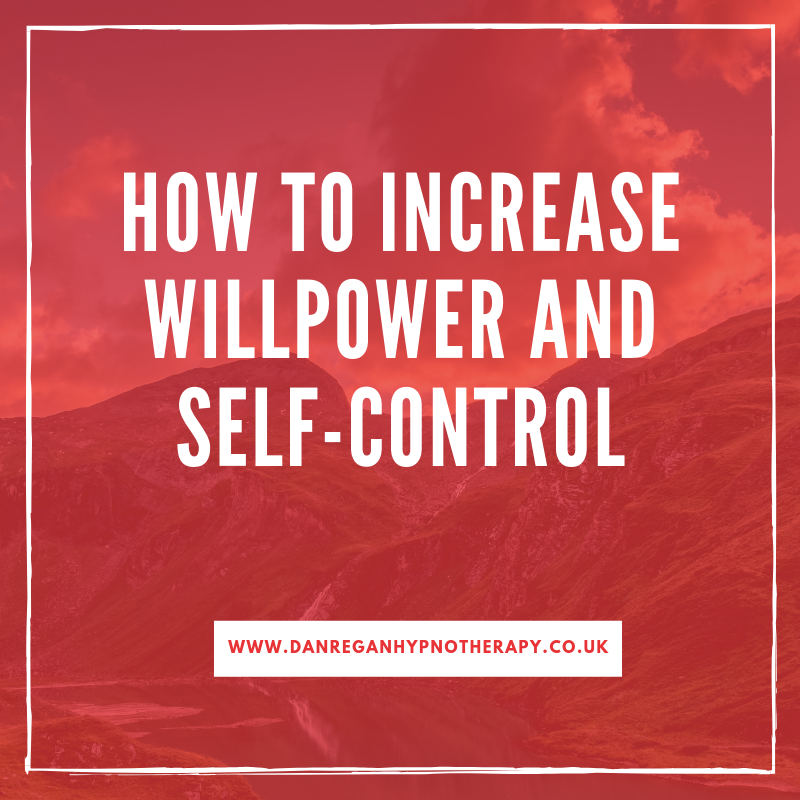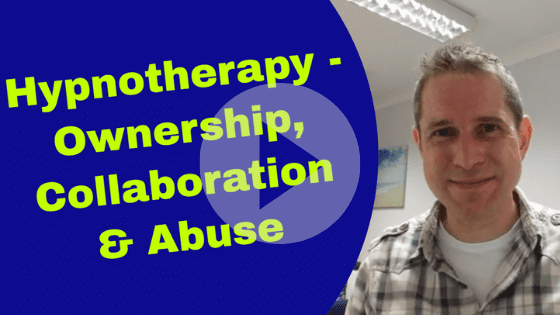Required
New Hypnosis Downloads – Worry, Confidence and Loving Kindness
New Hypnosis Downloads – Worry, Confidence and Loving Kindness:
It’s been a hectic start to the year helping people with issues such as anxiety, worry, low self-esteem and overcoming fears (as well as settling back into the routine after the festive break). Amongst all that I have managed to get back into the recording studio to create some new hypnosis downloads for you.
Based upon the positive feedback I’ve received on my existing hypnosis downloads (have a look at them here: Hypnosis Downloads), I think you are going to love these new titles.
As well as my existing hypnosis downloads for issues such as anxiety and confidence, I’ve recorded a special morning calmness hypnosis download, as well as a morning confidence hypnosis one. These two can really help you to start your day in the best possible mind-set, knowing that you can handle whatever comes your way during the day.
There’s also an audio to help you let go of unnecessary worry, and another to help you start being kinder to yourself and liking yourself more (which can help reduce self-criticism, anxiety and depression, as well as helping you feel better in yourself).












